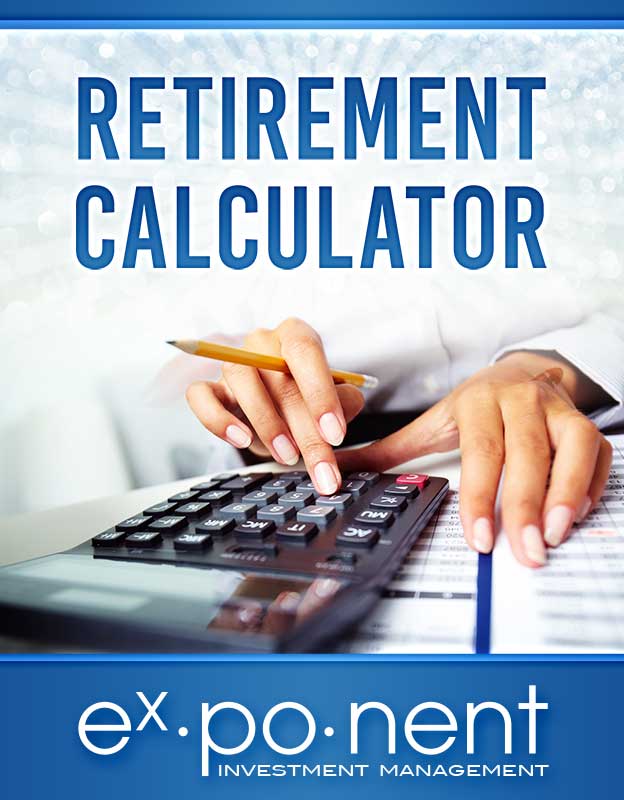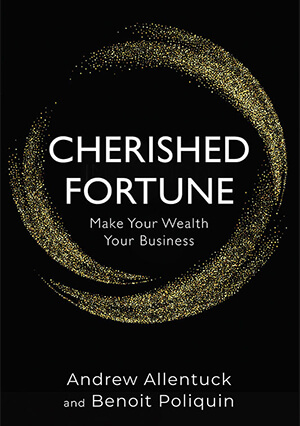Dennis will lose about $7,000 in after-tax income per year if he pursues a PhD
In Alberta, a man we’ll call Dennis, 35, has several careers — one as a researcher in health care, one as an administrator on contract for a government agency and one as a graduate student heading for a PhD in medical statistics. His present income of $8,500 per month from his contracts leaves him with an average of $5,519 after tax.
Dennis focuses on his future: He does not expect to have kids, wants to earn his PhD and move from his $298,000 condo to a $550,000 condo. While enrolled in the PhD, Dennis will see his income drop to the $35,000 per year he’ll receive from a scholarship.
Family Finance asked Eliott Einarson, head of the Winnipeg office of Ottawa-based Exponent Investment Management Inc., to work with Dennis on the question of cost and return. It’s one that involves calculating his present assets and their future value, as well as the impact foregone income during four years of study will have on their growth. We assume that all tuition costs will be covered by scholarships.
In this analysis, we will not assume the PhD generates an income boost, because that will depend on what kind of work Dennis ends up doing. If Dennis works in government, he could earn more than he might as an instructor or assistant professor. As a result, this analysis will probably be on the conservative side, Einarson explains. We are assuming constant RRSP contributions, though the base for calculation could change, and we are excluding any defined-benefit pension that might go with a future job. That, too, could boost retirement income.
Pricing the future
Dennis’s present monthly income, $8,500 from salary, leaves him with $5,378 per month after tax. Out of this cash flow, he adds $800 per month to his RRSP on top of $400 added by his employer and $500 per month to his TFSA while paying his condo mortgage of $960 per month, a $284 monthly car loan and $450 for tuition. He is left with $260 he can save for a move to a larger home on top of tapping his RRSP for a Home Buyer’s Plan loan.
In terms of assets, Dennis has a $298,000 condo, $22,000 in his TFSA, $90,000 in several RRSP accounts, $51,000 in a locked-In retirement account and $28,000 in cash. He also has a $20,000 car, bringing the total assets on his balance sheet to $509,000. His debts are modest — just a $157,000 mortgage and a $13,500 balance on the car loan. His net worth is thus $338,500.
Cost of a PhD
At the time he starts his PhD, his part-time income and money from a renewable scholarship, about $35,000 per year, would cover his mortgage and car loan. If he were to sell his condo for its $298,000 estimated market price less five per cent for fees and fussing, the gain less interest and principal paid on the condo might leave him with $126,000. For a $550,000 condo with a 25 per cent down payment, net $137,500, he could use money from sale of the condo plus $11,500 cash on hand. Remaining cash, $16,500, is for unexpected expenses and emergencies.
We’ll compare Dennis’s retirement income from work at present without the future PhD with income after he gets a PhD.
Retirement income
His RRSPs, excluding the $51,000 LIRA, total $90,000. With future contributions of $14,400 per year composed of $9,600 from his own funds and $4,800 from his employer, total $14,400, will grow to $924,090 in 30 years at this age 65. That sum could generate $45,773 taxable income for 30 years to his age 95. If Dennis were to take the next four years out of the calculation, the RRSP would grow to a value of $790,280 and provide $39,145 for the following 26 years to his age 95.
His LIRA account, with no further additions, would grow from today’s balance of $51,000 for 30 years to his age 65 at an assumed rate of three per cent after inflation to $123,840 and then pay $6,132 for the following 30 years to his age 95.
The TFSA account with a present value of $22,000 with $6,000 annual contributions for 30 years would grow at three per cent per year to a value of $347,416 and could then provide income of $17,209 per year. If the TFSA were to miss four years of contributions early on, it would grow to a value of $291,668 by his age 65 and then provide $14,447 cash flow per year.
At 65, OAS would provide $7,380 per year and CPP $14,100 per year.
Adding up these sources of income, Dennis would have $73,385 taxable income in retirement at 65 for 30 years. After 21 per cent average tax and addition of TFSA cash flow of $17,209, he would have total income of $75,183 per year.
If Dennis takes the PhD route, he would have $66,757 taxable income. After 20 per cent average tax and addition of $14,447 TFSA cash flow, he would have $67,853 disposable income for the following 30 years.
The income Dennis foregoes while doing his PhD puts a dent in his savings that compounds over time, creating a tangible difference in his retirement, to the tune of about $7,000 in after-tax income per year.
That, however, assumes the PhD does not boost his income.
To make it financially worthwhile, Dennis would have to expect that the additional savings he could make with a PhD would over time grow to be enough to offset the lost retirement income. We can’t predict exactly much of a boost the PhD will bring, if any.
But we can estimate how much more he would have to save per year after earning the PhD to fill the hole from taking four years off.
To replace $7,000 in after-tax income, he would need to save enough to generate $8,300 pre-tax per year over a 30-year retirement.
Using annuity calculations and assuming a return of three per cent after inflation, the lump sum he would need at age 65 is approximately $167,000.
To accumulate that amount from over the 26 years after completing his PhD would mean setting aside $4,220 per year.
While there is no guarantee of a pay raise, health care is a lucrative field and a PhD subsidized by scholarships is a financially efficient way to enter it. The financial gains of an advanced degree and the value of career doors it opens are likely to exceed the income and savings given up for four years of graduate study, Einarson concludes.
“Knowledge does not have price tags, but in Dennis’s case, it should enhance income. Financially, the PhD should be a good investment.”






